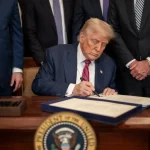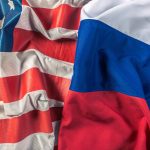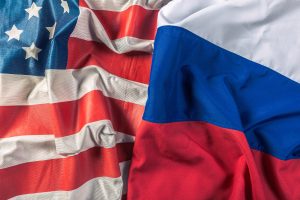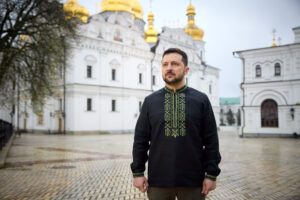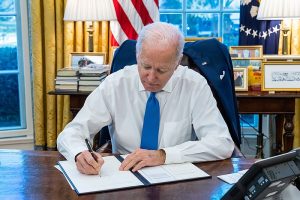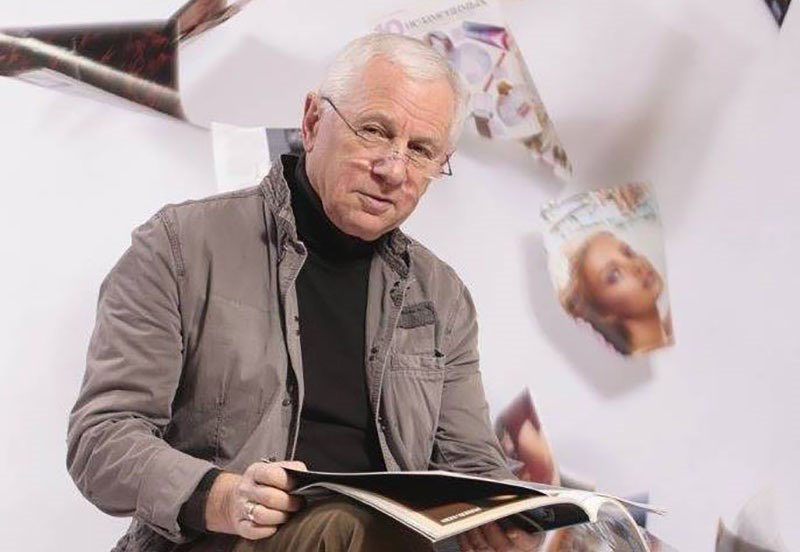
On August 11, 2025, Soviet-born writer and filmmaker Eduard Topol published an open letter addressed to former U.S. President Donald Trump.
The letter, released by Kontinent, a Russian-language outlet in the United States, has since circulated widely online. In it, Topol argues that Russian President Vladimir Putin cannot stop the war in Ukraine, not because he does not want to, but because history shows that ending foreign wars has often triggered domestic unrest and even regime collapse in Russia.
Below is the letter in full.
Dear Mr. President!
Dear Donald!
As the author of fifty books and a dozen films about Russia, I consider myself entitled to inform you.
You must know that he (Putin) cannot stop the war with Ukraine, even if you gift him your Mar-a-Lago estate in Palm Beach, Trump Tower in New York, and a dozen of your golf clubs.
And not because he doesn’t want a break from war, but because he simply cannot.
Because he knows Russian history not from Medinsky’s textbooks, but the real one:
The return of Russian troops from Europe after the victory over Napoleon led to the anti-tsarist “Decembrist” uprising in 1825.
Russia’s defeat in the Russo-Japanese War led to the 1905 Revolution.
The desertion of a million Russian soldiers from the Russo-German front during World War I forced Emperor Nicholas II to abdicate and caused the February Revolution of 1917.
The peace signed by Lenin with Germany allowed the Bolsheviks to execute the entire royal family.
The withdrawal of Soviet troops from Afghanistan in February 1989 marked the beginning of the USSR’s collapse.
Knowing this, Putin cannot end the war with Ukraine and bring his troops home.
Only the opportunity in May 1945 to keep almost his entire army in Europe as occupation forces helped Stalin avoid a postwar coup.
That is why Putin dreams of occupying Ukraine, as well as the Baltics, Finland, Poland, etc., to keep his army far away from Moscow.
He remembers how 525,000 soldiers returning from Afghanistan in 1989 turned into bandits—“Afghantsy”—who terrorized the entire population of the USSR.
And he knows what will happen if one and a half million soldiers, trained to kill, loot, and rape professionally, return home from the Ukrainian front.
The war with Ukraine has allowed Putin to get rid of two million of the most active opponents of his regime, whom he forced to flee Russia, while the rest of the young Russian men he either drove to the front or recruited into punitive services.
Today, any war—against Ukraine, the Baltics, NATO, anyone at all—is the best way to enforce Russia’s obedience to Putin and his junta.
Unfortunately, none of your advisers will explain this to you before your meeting with Putin, but you can check my arguments with Jack Matlock and Michael McFaul.
I do not want Putin—a KGB man, a thief, and a murderer of millions—to keep brazenly deceiving you, lying, and misleading my President.
Of course, I am not a military expert or political scientist, but I am a writer with a good memory.
I remember how Ronald Reagan, Margaret Thatcher, and Pope John Paul II managed to push oil prices down to $9 per barrel, gave the Afghans “Stingers,” and thereby stopped Moscow’s takeover of Afghanistan and destroyed the USSR.
If you want to stop Putin and the imperial ambitions of at least half of Russia’s population, you need to do the same—bring oil prices down to at least $25 per barrel and give Ukraine the weapons that will help it crush the aggressor.
As for your desire to establish U.S.-Russian business partnerships, not in words but in reality, this could happen in a hundred years—or never at all.
If you are interested in why, call me and I will explain.
Respectfully,
EDUARD TOPOL, citizen of the U.S. and Israel and Author of International Bestsellers Red Square, Submarine U-147, Red Snow, and the new books Criminal Kremlin: From Lenin to Putin: 57 Kremlin Murders and Operation Frantic Joe
Closing Thoughts
Whether one agrees with Topol’s prescriptions or not, his message is clear: Putin is locked into war as a strategy for survival. The historical parallels he draws, from Napoleon to Afghanistan, serve as warnings that for Russia, peace has often been more destabilizing than conflict.
For Trump, and for the West more broadly, Topol’s point is straightforward: the only way to curb Putin’s ambitions is through pressure and support for Ukraine, not compromise.
